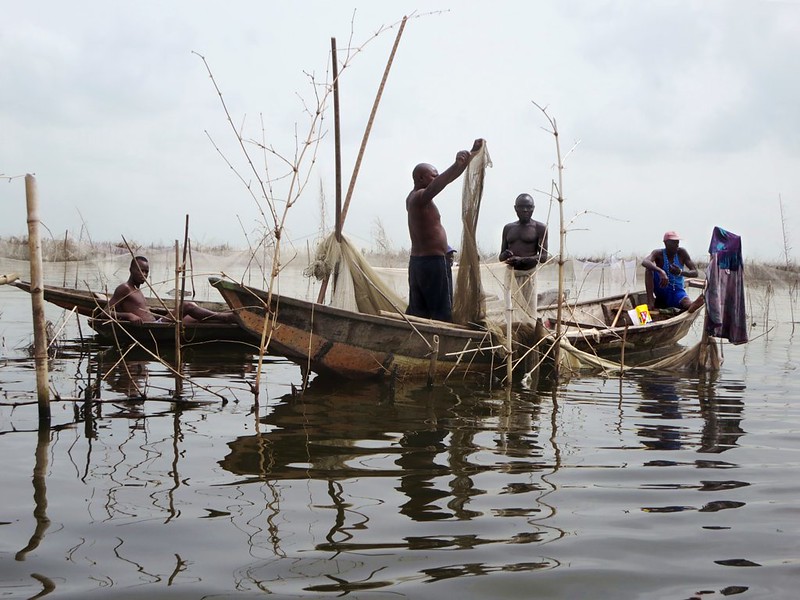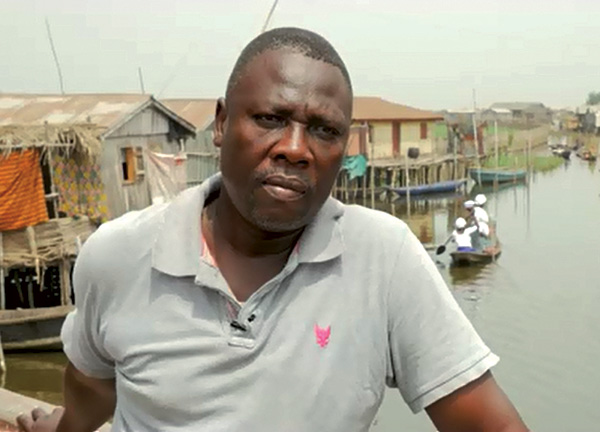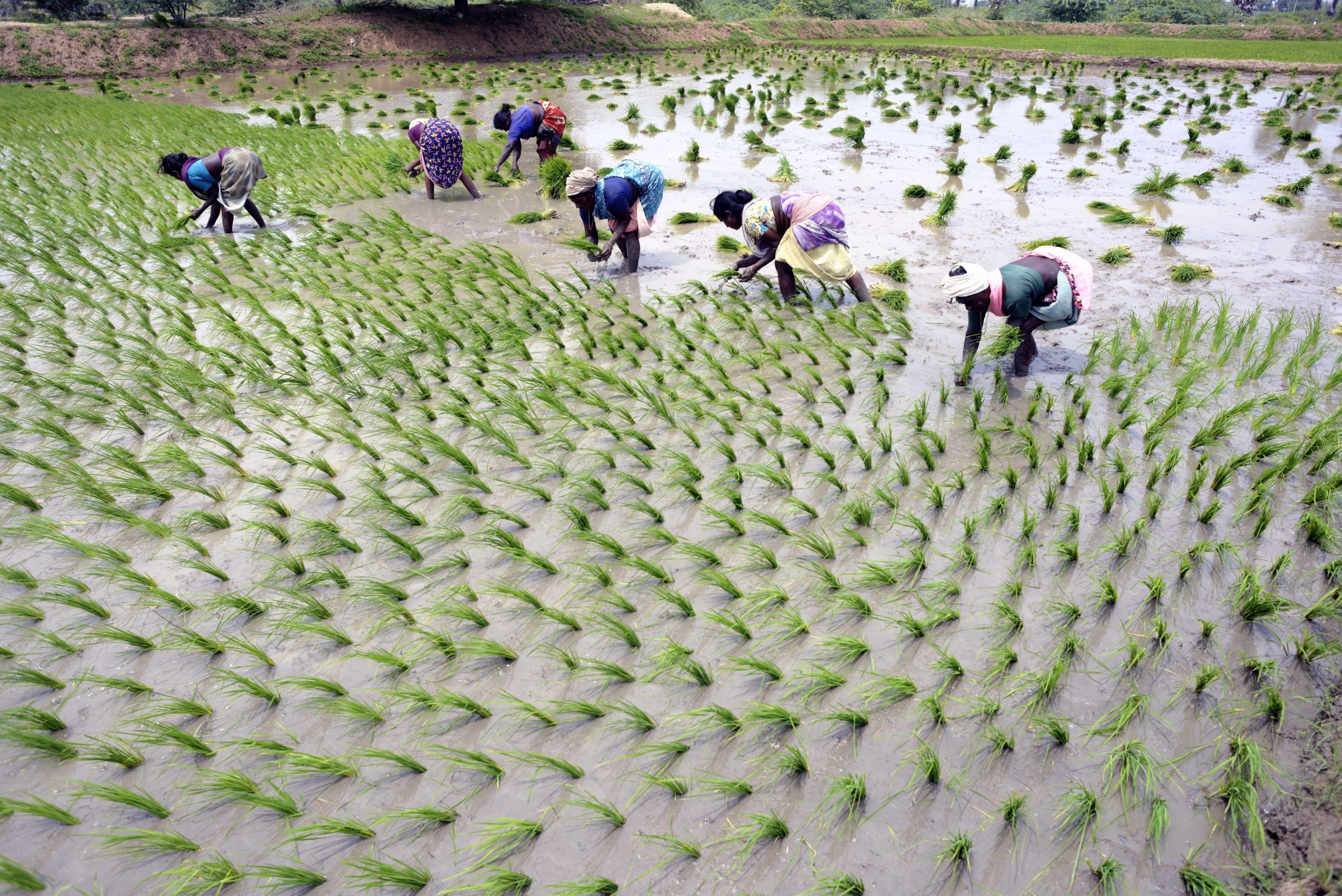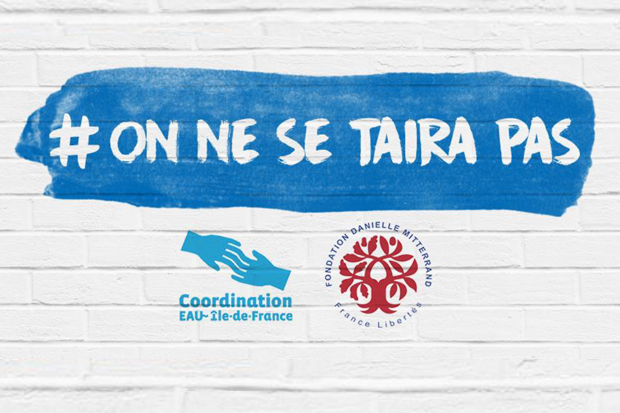Access to water: “fact file” on the situation around Lake Nokoué, in Benin

Since 2007, Emmaus International has been supporting the population that lives on Lake Nokoué in Benin, through the “Solidarity for water on Nokoué project” (PCSEN) initiative. The goal of this initiative? Helping the local population to have access to clean drinking water and sanitation, and equally supporting the population as it develops ways to organise itself and manage these two areas through a collective, community-based approach. For over 15 years, this symbolic and ambitious Emmaus International programme has benefited from the support of a wide range of Emmaus groups, alongside the Abbé Pierre Foundation, a partner foundation, and the European Union.
Living in extreme poverty in houses built on stilts, local residents had very little access to clean drinking water. To access water, residents were forced to either travel for miles by canoe or simply settle for the polluted water in the lake and swamps around them. The consequences of this on their health need not be explained.
To date, thanks to the implementation of PCSEN, over 100,000 people have gained access to safe drinking water. Water supply systems have been built (boreholes, water towers, settling basins, standpipes) in 9 villages, and these have been managed using a collective, community-based approach through the “Association des Usagers et Acteurs de l’Eau et de l’Assainissement du lac Nokoué” users’ association (AUAEAN), with support from Emmaus. Several dozen jobs were also created as part of this initiative.
Aside from the ongoing awareness-raising work being done on water hygiene and the capacity-building of those involved in this project, support has also been put in place for a dozen women’s working groups to further develop income-generating activities. But that’s not all – through a partnership with Emmaus Angers and l’Ecole Saint Aubin La Salle, solar panels were installed on some of the infrastructure. With these facilities, the project as a whole should break even by 2025.
However, as part of a Beninese government reform adopted in 2022, all water-access infrastructure falls under the remit of the public sector, which means that management of said infrastructure falls to local authorities, who can then delegate this task to private operators. At the end of 2022, Emmaus International received the news that this would also hold true for the PCSEN initiative. While we acknowledge that the public provision of drinking water is absolutely a universal basic right, we are however let down by the unilateral nature of this decision. It was made without any prior consultation, without any official written communication, and without any recognition of the fundamental role that AUAEAN plays in sustainable, fair, and community-based water infrastructure management.
Although the town council of Sô-Ava, which sits on the banks of Lake Nokoué, has always been involved in the different steps of implementing the PCSEN project, and indeed delegated project management to Emmaus International, this reform is quite clearly moving towards water supply privatisation – something that our movement has always stood firmly against. In just a few months, the flaws of privatisation have already been revealed – there has been a lack of maintenance, closures of several water points, no regular analysis of the water, and the price of water has risen by over 50%!
Now, the challenge for Emmaus International is to support the development of AUAEAN, as their role, aims and operating methods start to evolve. Equally, Emmaus International will also monitor and observe how the privatisation process develops. The other aspects of the project (sanitation, promoting hygiene, and community development) will all continue on, in order to maintain an on-the-ground presence with local populations in the area.
Click here to read an interview with José Hounsa, the lead supervisor in overseeing water and sanitation facilities for PCSEN
Image ©David Stanley /Flickr


